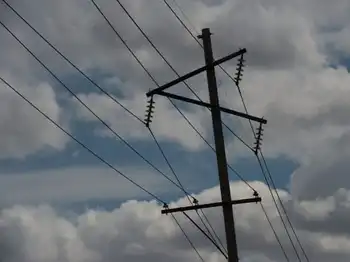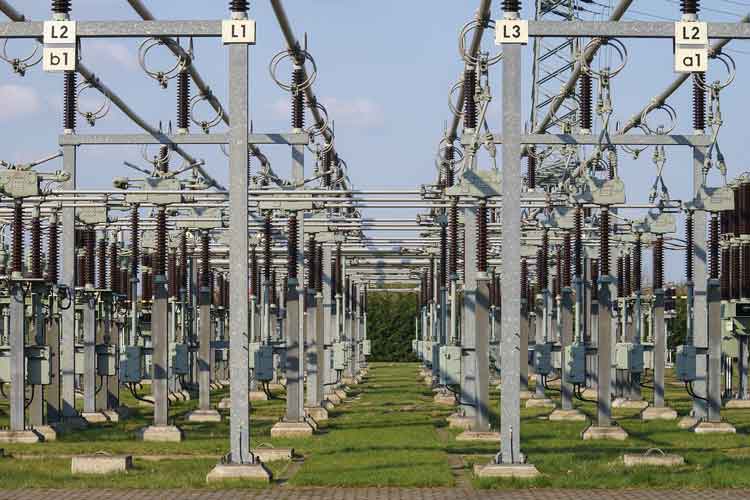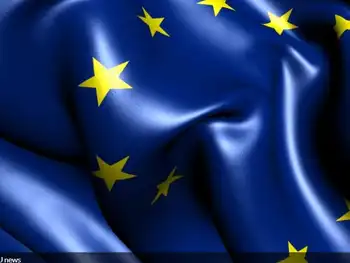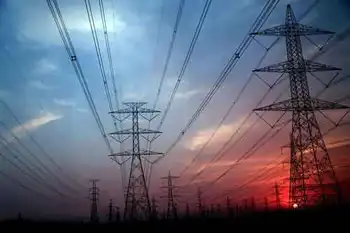China to subsidize hybrid, EV purchases
Residents of Shanghai and Shenzhen, as well as Hangzhou and Hefei in the east of the country and Changchun in the northeast, would receive up to 50,000 yuan US $7,320 in subsidies if they buy plug-in hybrid cars, the Ministry of Finance said on its website.
The maximum subsidy for those who bought fully electric cars was 60,000 yuan, the ministry said.
"The handouts could get people interested in green car models now that the government has come up with a concrete plan and real money to back it up," said Harry Zhao, an analyst with industry consultancy CSM Worldwide. "But it's unrealistic to expect it to work like magic like tax incentives did last year."
Beijing's tax incentives for small cars and subsidies for vehicle buyers in rural areas helped domestic vehicle sales surge 46 percent last year to 13.6 million units, surpassing the United States as the world's top auto market.
The impact of the new subsidies on green car sales was unlikely to be very large in the short term because of high battery costs and an inadequate charging network, but would make it easier for those interested in cars fueled by alternative energy to decide to buy such vehicles, analysts said.
Taking cues from the government, the biggest players in the Chinese auto market, from top state auto group SAIC Motor Corp to rising star Geely Automotive Holding, have been ramping up efforts to bring low-emission vehicles onto the roads.
SAIC plans to roll out its first hybrid car this year, while Shenzhen-based car and battery maker BYD Co, backed by Warren Buffett's Berkshire Hathaway, started retail sales of its plug-in hybrid F3DM in March.
The government would also allocate unspecified funding to bankroll the construction of charging stations and battery recovery networks in the pilot cities, the finance ministry added.
Instead of handing out subsidies to consumers directly, the government would allocate the money to carmakers, who would then lower the prices of relevant models accordingly, it said, without indicating when the program would begin.
The level of handouts would be reduced after carmakers sold a total 50,000 green cars, it said, without elaborating.
The government started to offer subsidies for purchases of cleaner buses in early 2009, as part of another pilot program in 13 cities.
In addition to the new program limited to the five specified cities, Beijing would also offer nationwide subsidies of 3,000 yuan on purchases of cars with 1.6-liter engines or smaller and that consume 20 percent less fuel than current standards, it added.
Related News

The crisis in numbers: How COVID-19 has reshaped Saskatchewan
REGINA - We’re only just beginning to grasp how COVID-19 has upended Saskatchewan’s economy, its government and all of our lives.
The numbers that usually make headlines — job losses, economic contraction, bankruptcies — are still well behind the pace of the virus and its toll.
But other numbers change more quickly. Saskatchewan people are using less power. We’re racking up fewer speeding tickets. And as new restrictions come, we’re clicking onto Saskatchewan.ca as much as 10,000 times per minute.
Here’s some data that provides a first glimpse into how much our province has changed in just six weeks.
Electricity use tends to rise…





